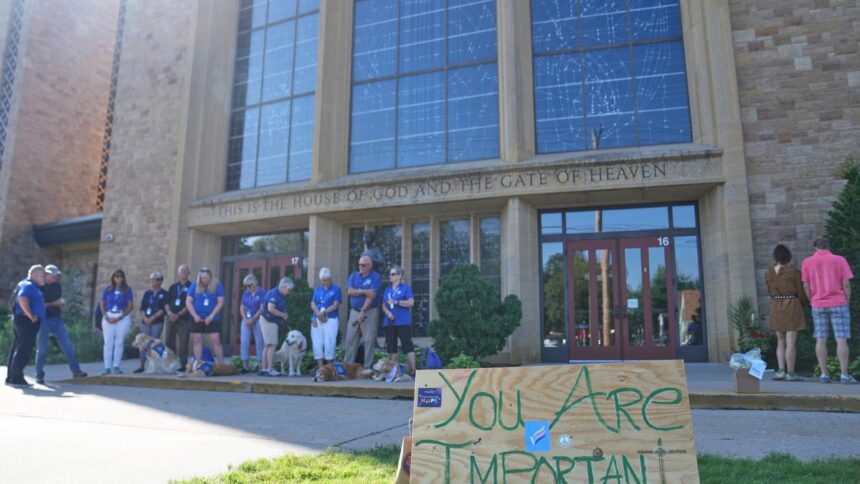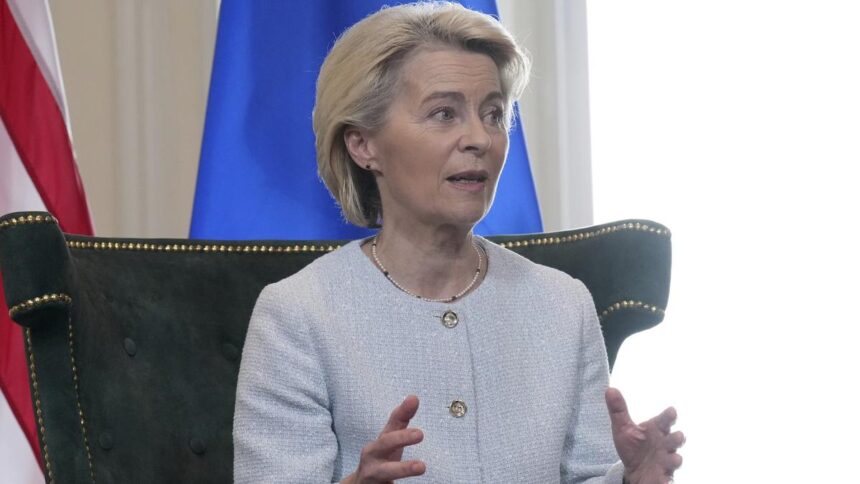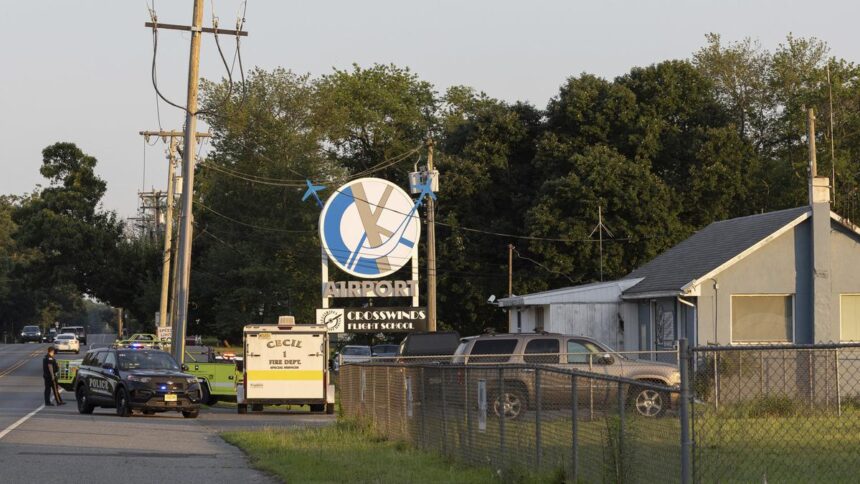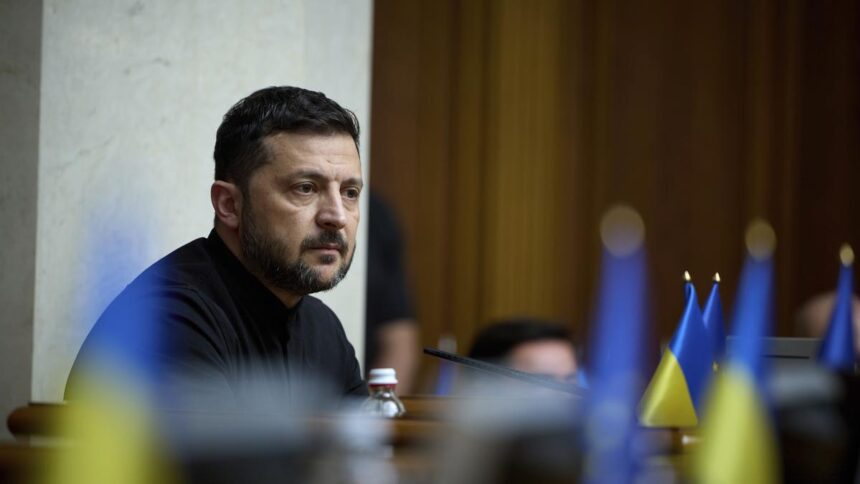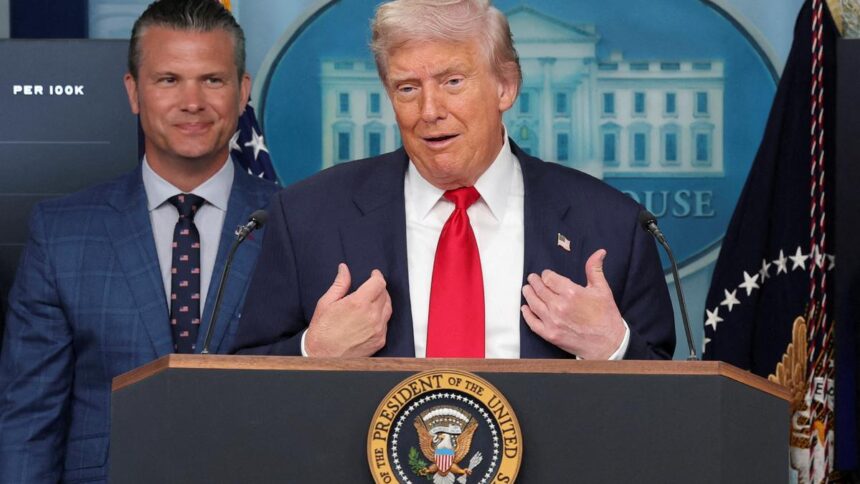
The remarks came days after the United States welcomed a move by European powers to reimpose UN sanctions on Iran but said it remained “available for direct engagement with Iran”. File.
| Photo Credit: Reuters
Security chief Ali Larijani said Tuesday that Iran was open to nuclear talks with the United States but ruled out any restrictions on its missile programme.
“The path for negotiations with the US is not closed; yet these are the Americans who only pay lip service to talks and do not come to the table; and they wrongly blame Iran for it,” said Larijani, the secretary of Iran’s Supreme National Security Council.

“By raising unrealisable issues such as missile restrictions, they set a path which negates any talks,” Larijani said in a post on X.
The remarks came days after the United States welcomed a move by European powers to reimpose UN sanctions on Iran but said it remained “available for direct engagement with Iran”.
Nuclear talks between Tehran and Washington, which had begun in April, broke off in mid-June when Israel attacked Iranian nuclear facilities, swiftly followed by the United States.
On Thursday, Britain, France and Germany— the so-called E3 — triggered a “snapback” clause in the moribund 2015 nuclear agreement between Iran and major powers that allows for UN sanctions to be reimposed in the event of non-compliance with its provisions.
That agreement effectively collapsed in 2018 when US President Donald Trump withdrew from it during his first term and restored crippling sanctions.
US Secretary of State Marco Rubio said Washington seeks an “enduring resolution to the Iran nuclear issue” and that “snapback does not contradict our earnest readiness for diplomacy, it only enhances it.”
Following the Israeli and US attacks, Iran suspended cooperation with the UN nuclear watchdog and demanded guarantees against military action before resuming any negotiations.
Western governments have repeatedly voiced concern about Iran’s missile programme, calling it a threat to regional security.
In July, France called for a “comprehensive deal” with Tehran that covers not only its nuclear programme but also its missile programme and its regional ambitions.
Iran has insisted that its military capabilities are not up for negotiation.
Western governments suspect Iran of seeking a nuclear weapons capability, an ambition Tehran has consistently denied.
Published – September 02, 2025 10:08 pm IST
















